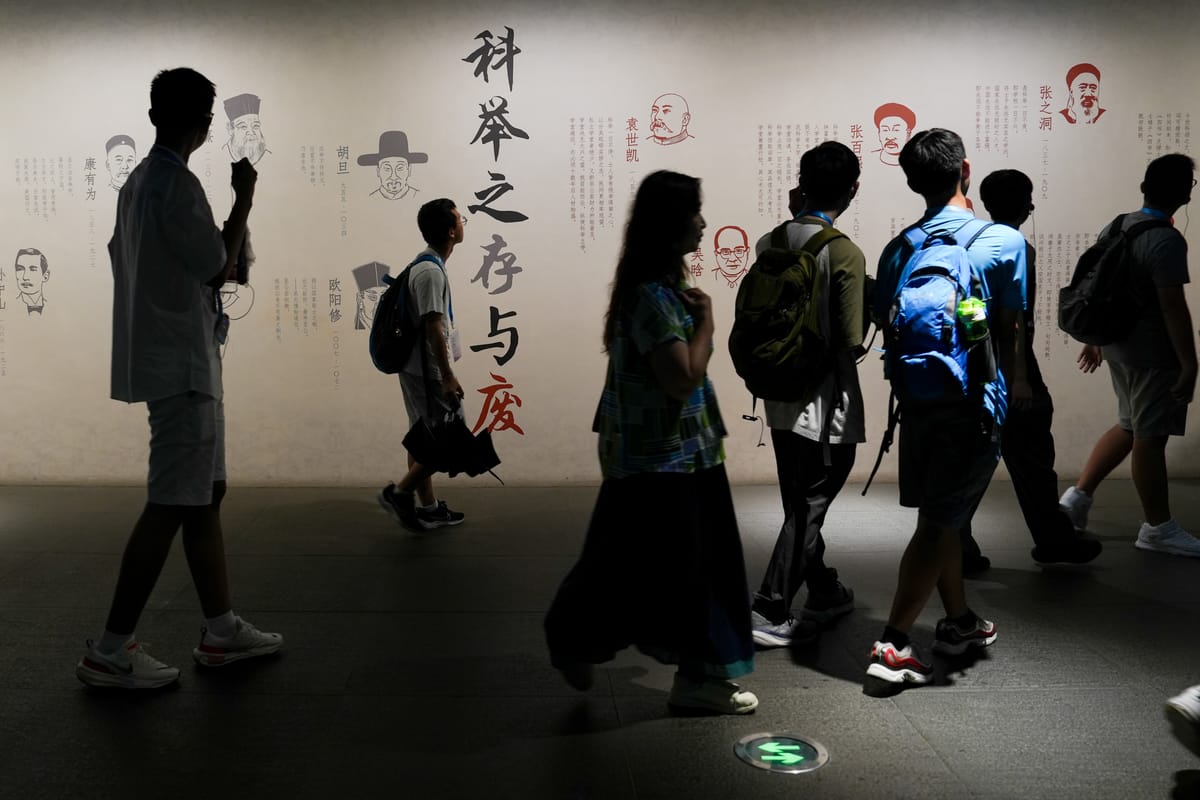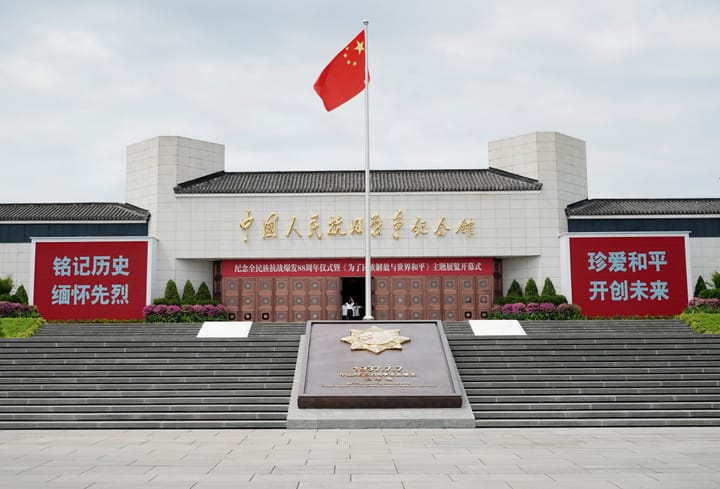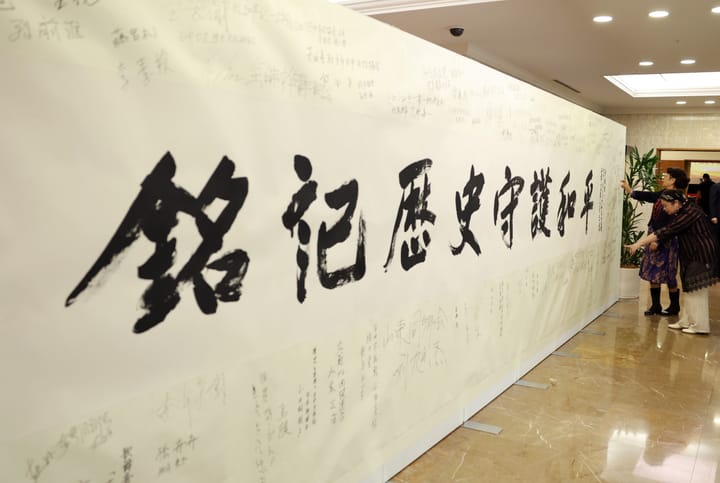The “Future-Defining” Exam in China: Why The Gaokao Embodies China's Millennia-Old Pursuit of Fairness?

Editors' Note: The 2025 Gaokao, China’s national college entrance examination, started on June 7 and runs through June 8. For many Chinese students, this exam is seen as one of the most important opportunities in their lives to pursue their dreams. Some even joke that Gaokao decides your future—a claim that may sound exaggerated, but powerfully reflects the weight Chinese society places on this test.
How can a single exam determine one’s life? And how is the Chinese government reforming this system to better align with the country’s evolving development goals?
To understand this uniquely Chinese phenomenon, a historical perspective is essential. The following article offers a fresh lens on the Gaokao’s enduring significance and the reforms reshaping it today. This article is composed of paragraphs from Global Times’ editorial.
In 1853, the British public was outraged by the incompetence and corruption displayed by the British army and government during the Crimean War. Under growing public pressure, the Palmerston Cabinet was forced to pursue reforms. Palmerston realized that improving government efficiency and integrity required a fundamental change in the way officials were recruited—nepotism within party ranks had to be curbed. In 1854, Stafford Northcote and Charles Trevelyan, after conducting extensive research, proposed a civil service reform plan—the famous Northcote-Trevelyan Report. The report, widely regarded as the foundation of the modern British civil service, emphasized open competition, equal opportunity, and merit-based selection.


